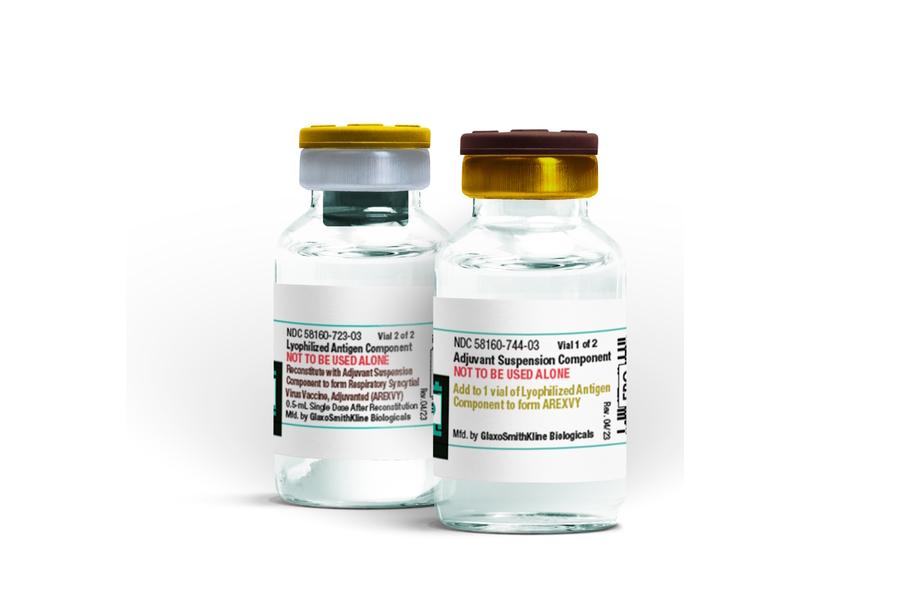GSK claims first global approval for an RSV vaccine

GSK has become the first pharma company to get regulatory approval for a vaccine against respiratory syncytial virus (RSV), setting up what looks set to be a highly lucrative – and likely competitive – new market.
The FDA has approved GSK’s Arexvy shot for the prevention of lower respiratory tract disease caused by RSV in individuals 60 years of age and older, shortly after it was recommended for approval in the EU. The regulator is due to make a decision on Pfizer’s rival vaccine Abrysvo later this month.
Getting FDA approval is just the first hurdle for the two vaccines, however. Assuming they are both approved, the Centers for Disease Control and Prevention (CDC) is scheduled hold a meeting of its Advisory Committee on Immunisation Practices (ACIP) in June to provide recommendations on how they should be used in practice.
A green light for use is likely, given that RSV causes approximately 177,000 hospitalisations and an estimated 14,000 deaths in the US in adults aged 65 years and older each year. The scale of the problem has led analysts to predict that the market for RSV vaccines could eventually be worth several billion dollars a year.
In trials, GSK’s vaccine significantly reduced the risk of developing RSV-associated lower respiratory tract disease by 83% and the risk of severe disease by 94%. As it stands, GSK looks like it could have a stronger proposition than Pfizer, at least based on FDA advisory committee experts, who seemed to be more convinced by Arexvy’s dataset.
GSK said in a statement that it is confident that it will be able to launch Arexvy in time for the 2023/24 RSV season, describing the new vaccine as a “turning point” in efforts to reduce the burden of RSV-related disease.
“Our focus now is to ensure eligible older adults in the US can access the vaccine as quickly as possible and to progress regulatory review in other countries,” said the pharma group’s chief scientific officer, Tony Wood.
The approval marks the culmination of decades of effort in trying to develop an effective RSV vaccine after the virus was first discovered in the mid 1950s, which was unsuccessful until researchers at the US National Institutes of Health (NIH) identified a protein in RSV a decade ago that looked like a promising antigen for vaccine development.
Both Arexvy and Abrysvo target this PreF protein, as do other candidates in the late-stage pipeline from Bavarian Nordic and Moderna. Johnson & Johnson was also developing a PreF-based candidate, but opted not to take it into phase 3 after deciding it was likely to be too late to market.
Given the scale of the problem, the analysts think there should be room for multiple vaccines in the market. GSK said during its first-quarter results call that it expects to price the shot somewhere between $60 and $185 – the latter being what it charges for shingles vaccine blockbuster Shingrix.
RSV is also a problem in infants, but GSK ran into problems in phase 3 trials trying to use Arexvy to immunise expectant mothers, in the hope they would transfer protection to their newborns.
The company was forced to abandon development of its shot in that smaller target population, handing an advantage to Pfizer, which already has data showing Abrysvo is effective and could get a decision from the FDA on that use in August.













